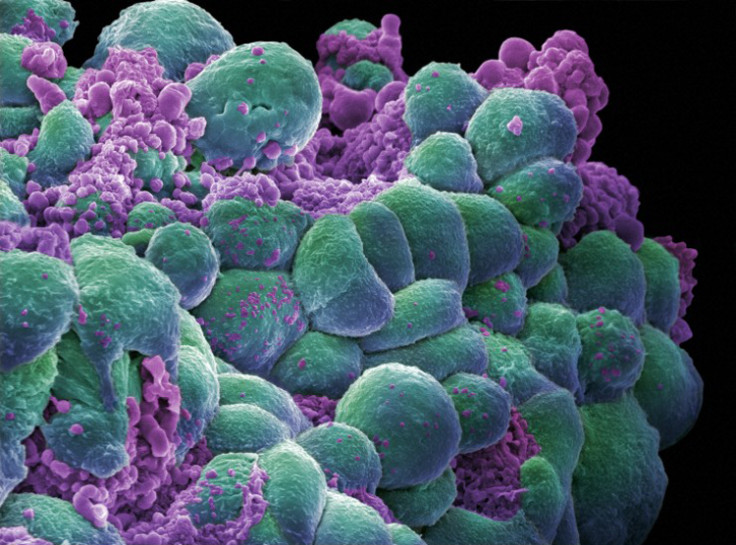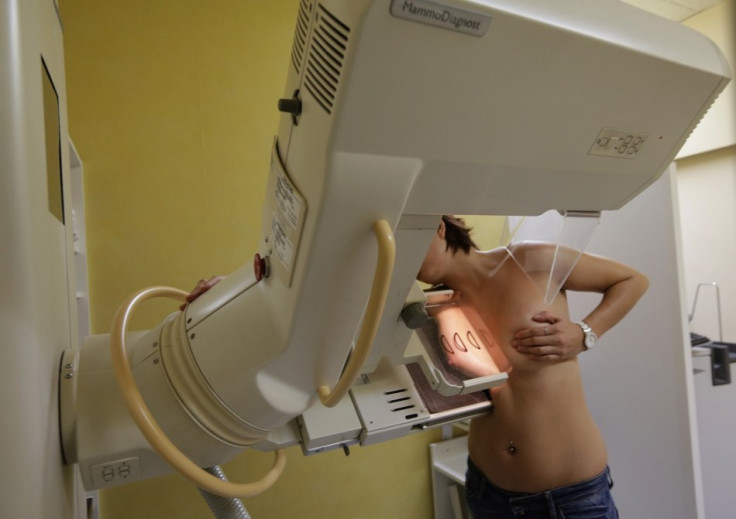Cancer deaths in under-80s 'to be eliminated within 35 years'

Within 35 years, no one under the age of 80 will die from cancer, a report has said.
Scientists from UCL said that ongoing investment and achievements in public health mean it is reasonable to think that our "war against cancer" is coming to an end.
In the report, Overcoming Cancer in the 21st Century, the authors wrote: "It is realistic to expect that by 2050 nearly all cancer related deaths in children and adults aged up to (say) 80 years will have become preventable through life style changes and because of the availability of protective technologies and better pharmaceutical and other therapies."
The report said that age standardised cancer deaths have fallen in Britain by more than 20% since 1990. Globally, 14 million new cases of the disease are diagnosed every year, and eight million deaths recorded – a figure expected to double if major developments in prevention and treatment are not made.

At present, half of all cancer deaths in Britain are among people aged 75 and over – the ageing population is responsible for the increasing numbers, they say.
Researchers believe falling smoking rates, faster diagnoses and better treatments will continue as a trend, leading to fewer early cancer deaths. The result of these combined factors will be that no one expects people in old age will die from cancer – he also said the date of 2050 is conservative.
David Taylor, UCL emeritus professor of pharmaceutical and public health policy, said: "What makes this a special point in history, is that cancers are in the process of becoming either preventable or effectively curable."
Speaking to the Independent, he added: "In the first half of the 20th century the big gains were infectious disease... the second half has been drops in vascular disease death rates," he said. "The next great surge will be in cancer-related death reduction.
"We've already done reasonably well. We can do much better. We shouldn't chicken out on it."
© Copyright IBTimes 2024. All rights reserved.






